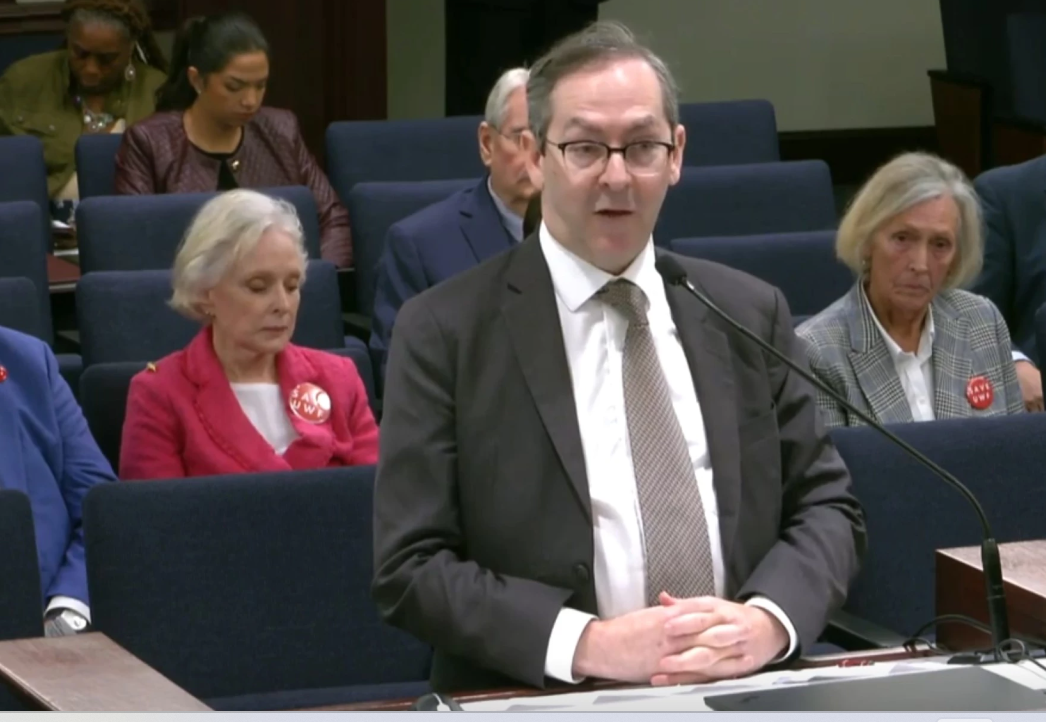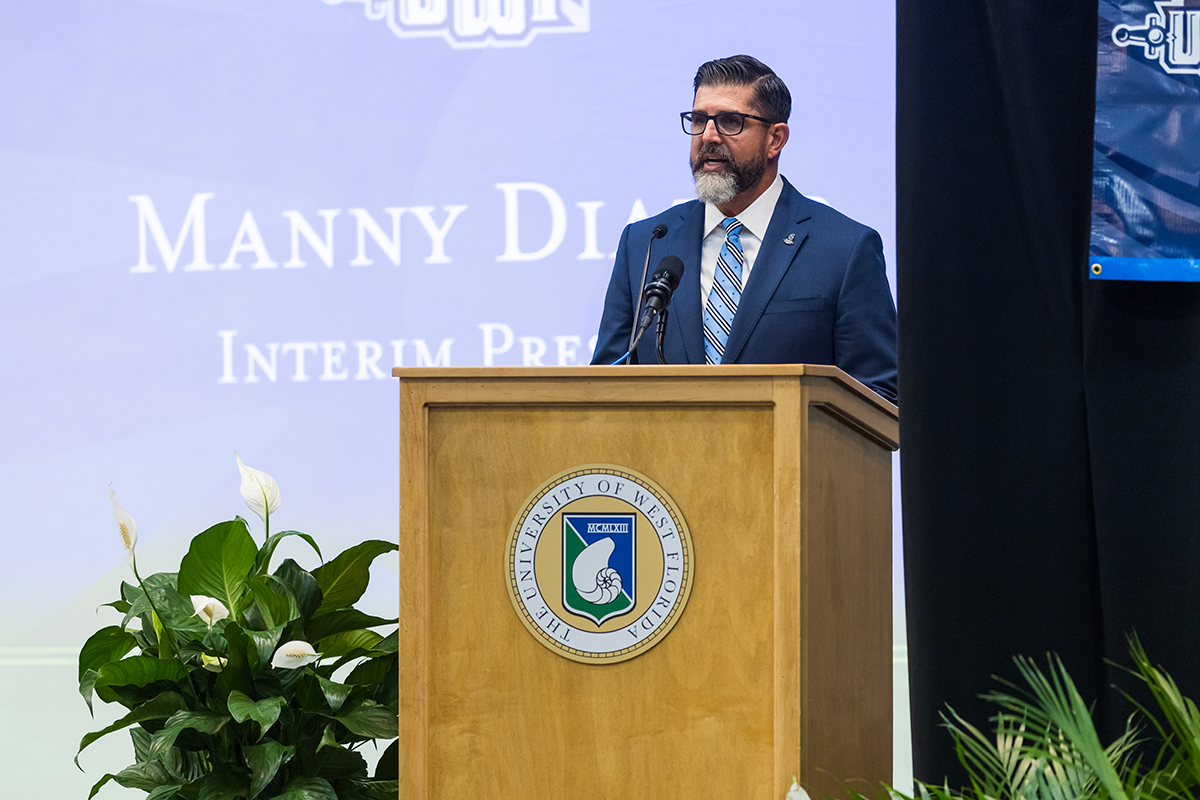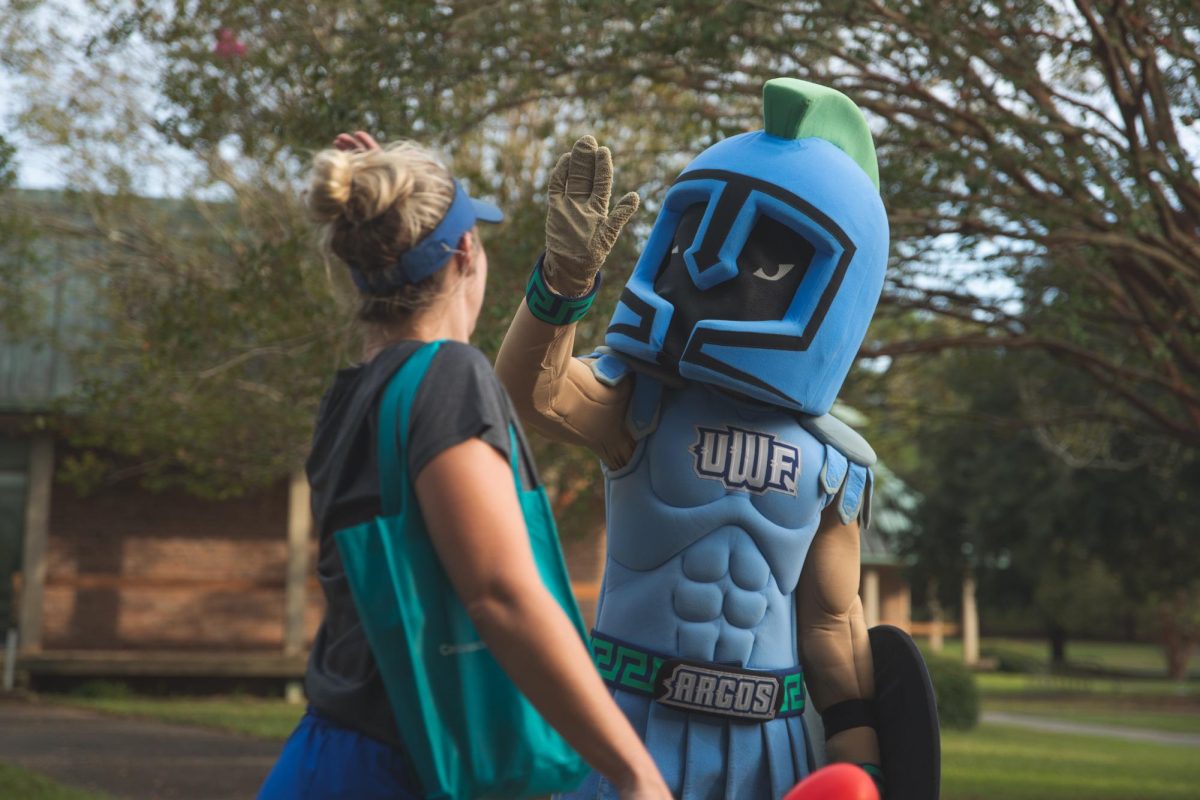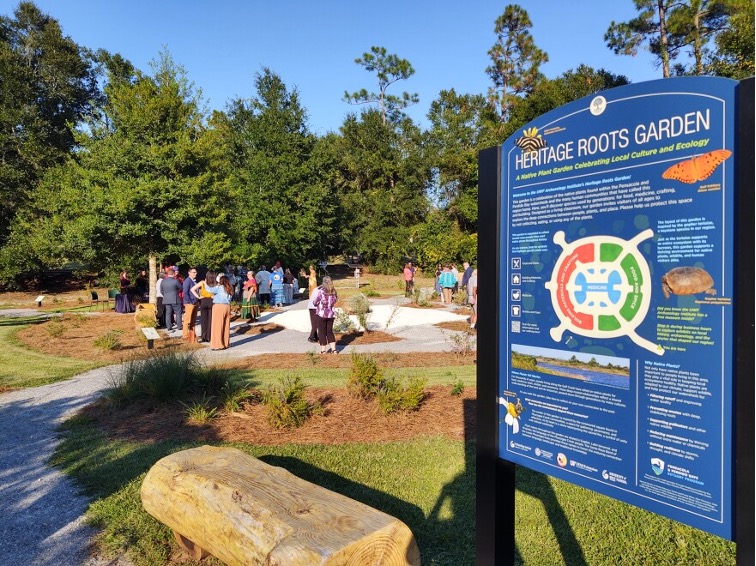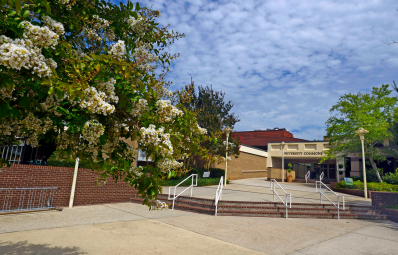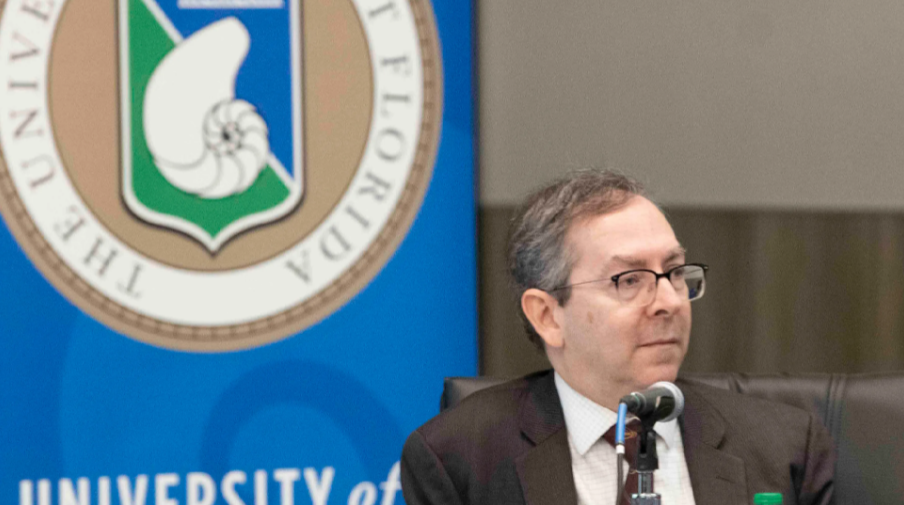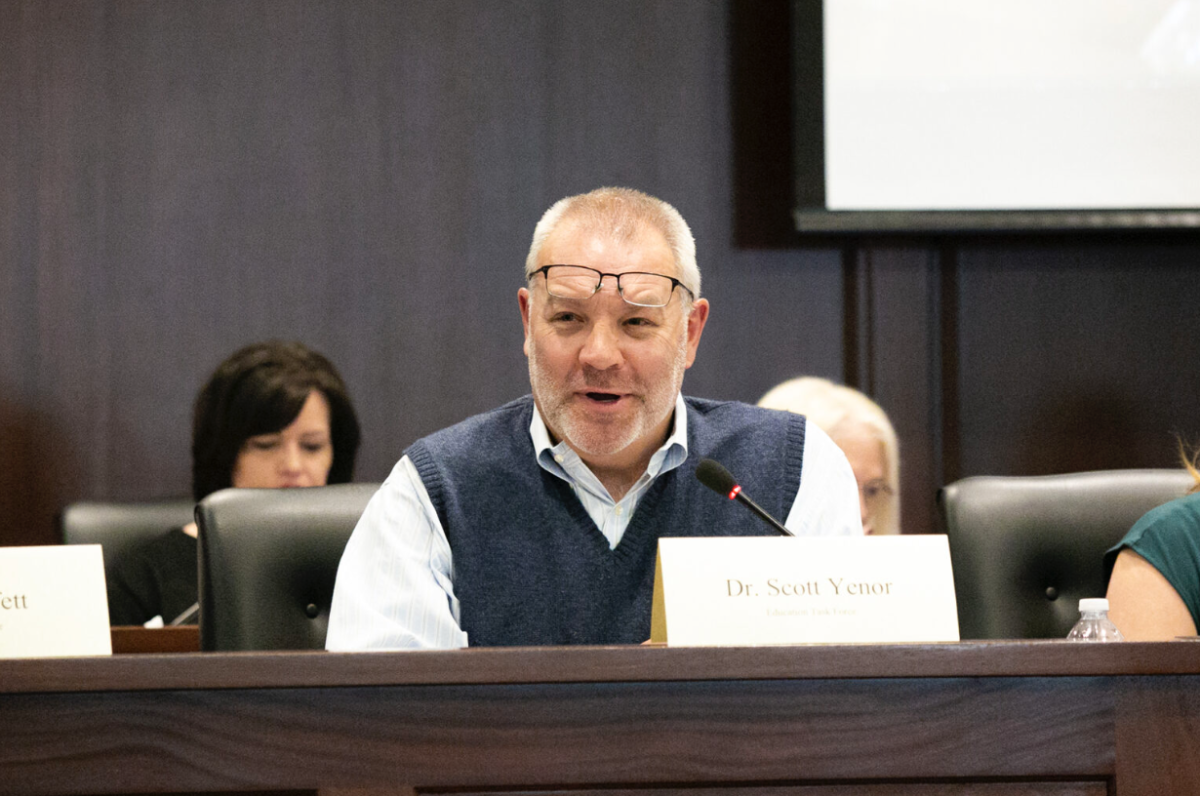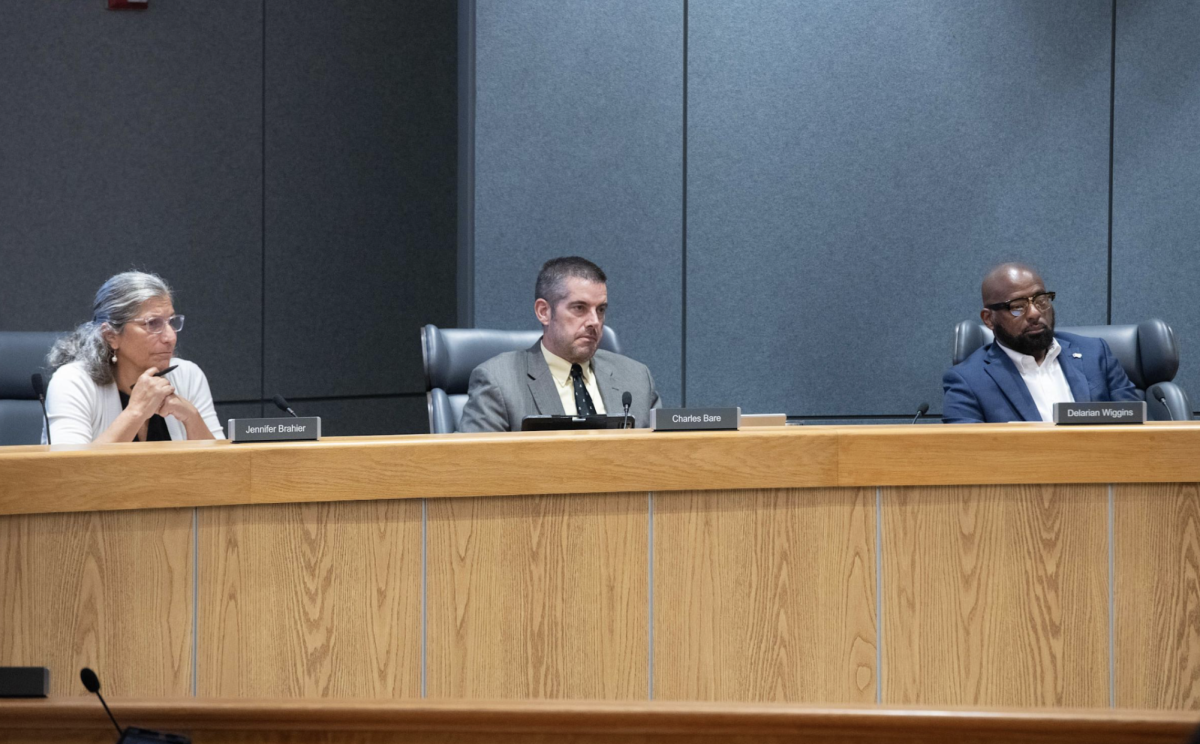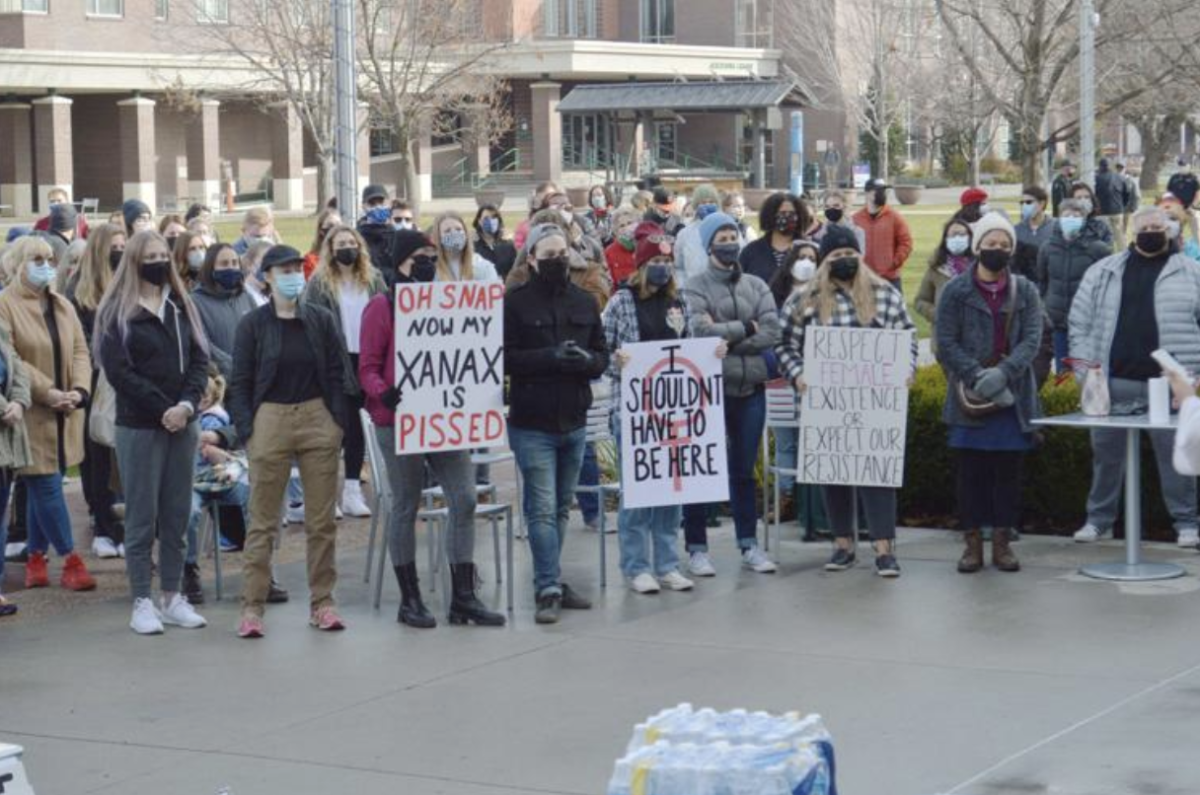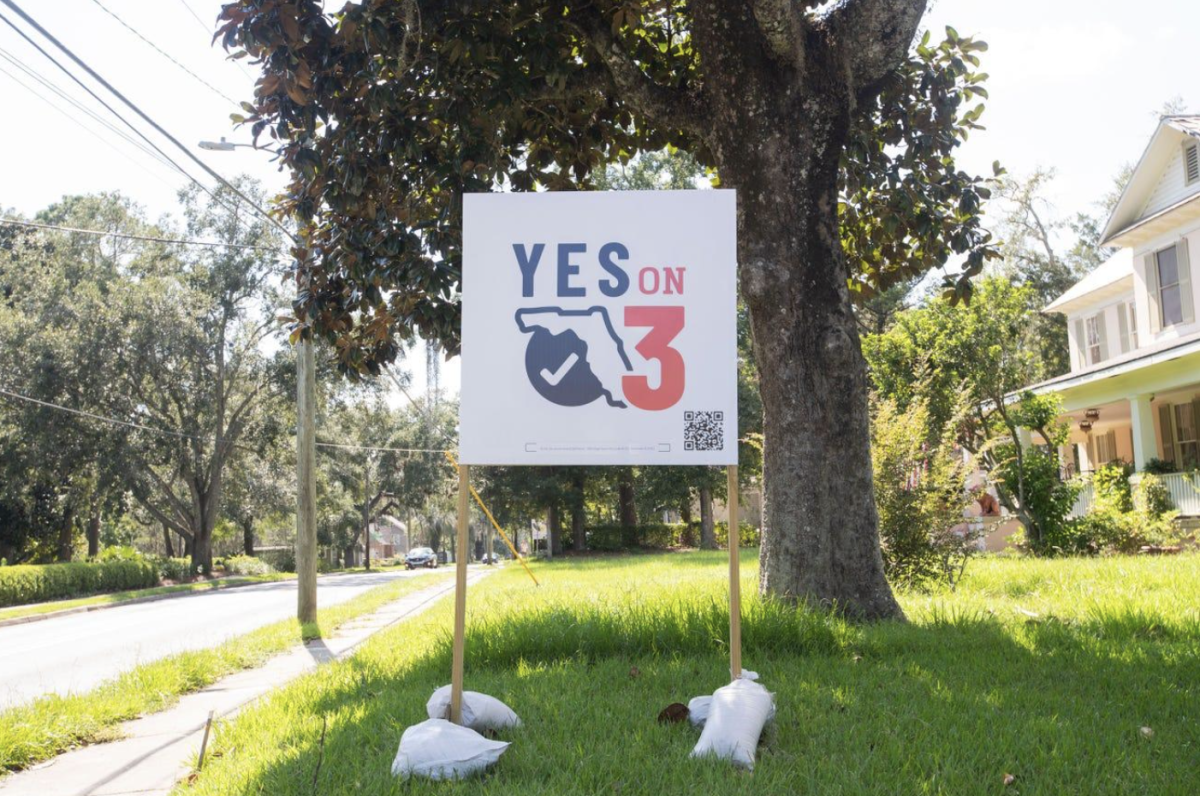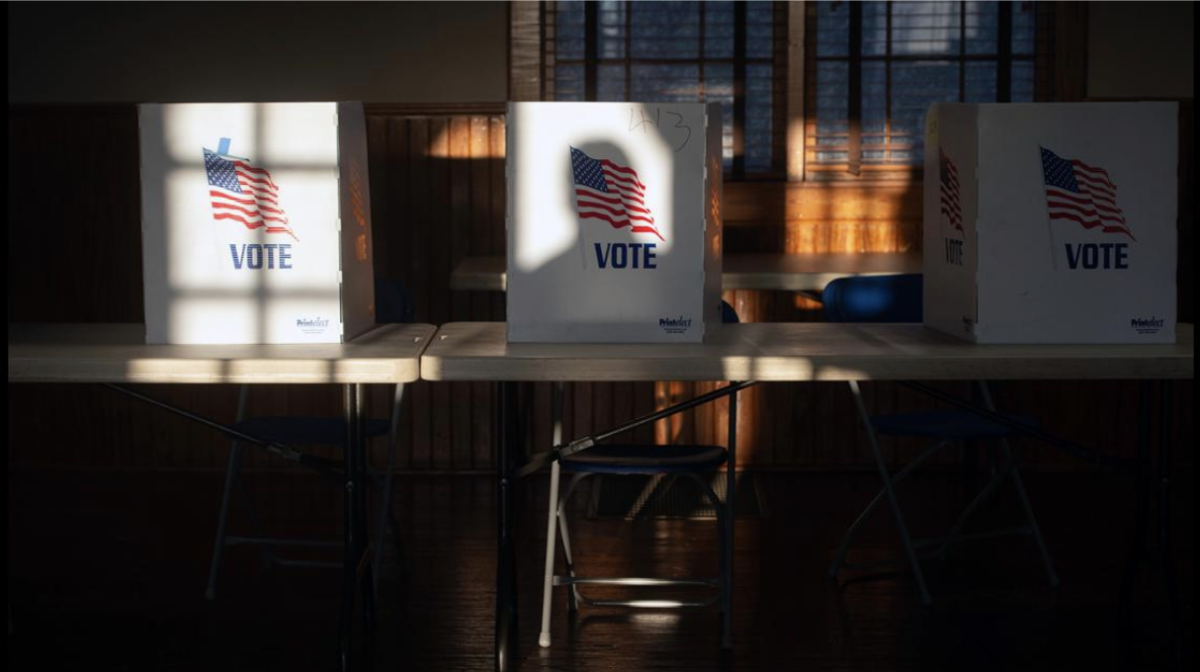Following the Florida Senate’s decision not to confirm his appointment to the University of West Florida Board of Trustees, Adam Kissel spoke exclusively with The Voyager to address the outcome, clarify his controversial remarks, and share his continued thoughts on higher education reform.
Kissel, a senior fellow with both the Heritage Foundation and the Cardinal Institute for West Virginia Policy, was one of several appointees selected by Gov. Ron DeSantis earlier this year to serve on UWF’s board. His appointment was declined by the Senate Ethics and Elections Committee on April 22, effectively ending his path to confirmation.
In an email sent March 29—three days after the Senate Appropriations Subcommittee on Higher Education voted not to confirm him—Kissel agreed to answer questions in a personal capacity.
Controversy and Clarification
Kissel has faced scrutiny for an article he wrote in 2023 that criticized the long-term effects of the GI Bill on college enrollment. Critics claimed he believed the GI Bill “ruined higher education.” When asked to clarify, Kissel emphasized that his point was about persistently low graduation rates and the costs of over-enrollment.
“Low graduation rates today are a costly humanitarian disaster,” Kissel said. “Noting a historical fact about college access from 80 years ago… is nothing like the fake disinformation that some have spread.”
In a separate message, Kissel included a letter from the American Legion Mountaineer Boys State, where he volunteers. The letter, he said, was meant to challenge what he called a “disinformation narrative.” He also criticized the climate in Pensacola, writing, “Cancel culture is still alive in Pensacola… suggesting that the governor is completely right to be concerned.”
The Confirmation Process
At the March 26 committee hearing, Kissel appeared alongside fellow appointees Rachel Moya, Ashley Ross, and Rebecca Matthews—each of whom advanced to the next step. Kissel did not. When asked why he believed the committee voted against his confirmation, Kissel responded that the vote was only advisory and that the Ethics and Elections Committee had final authority.
Kissel did not respond to a question asking whether he would pursue reappointment or continue efforts to join the board in the future.
His Vision for UWF
When asked what issues he would prioritize as a trustee, Kissel pointed to improving graduation rates—even if that meant becoming more selective in admissions.
“UWF should do much more to improve our graduation rates… [and] ensure our speech-related policies fully reflect our commitment to free speech,” he said.
He also voiced support for expanding entrepreneurship programming and evolving the Honors program into what he called a “great conversation” model.
What’s Next for the Board?
Kissel is no longer under consideration for the board, and his name will not move forward for a full Senate vote. Scott Yenor, another appointee who received national attention for his past views, resigned prior to a vote. Gates Garcia, a sitting trustee, also withdrew from consideration and stepped down.
While Moya, Ross, and Matthews continue through the confirmation process, two seats on UWF’s Board of Trustees remain vacant.

